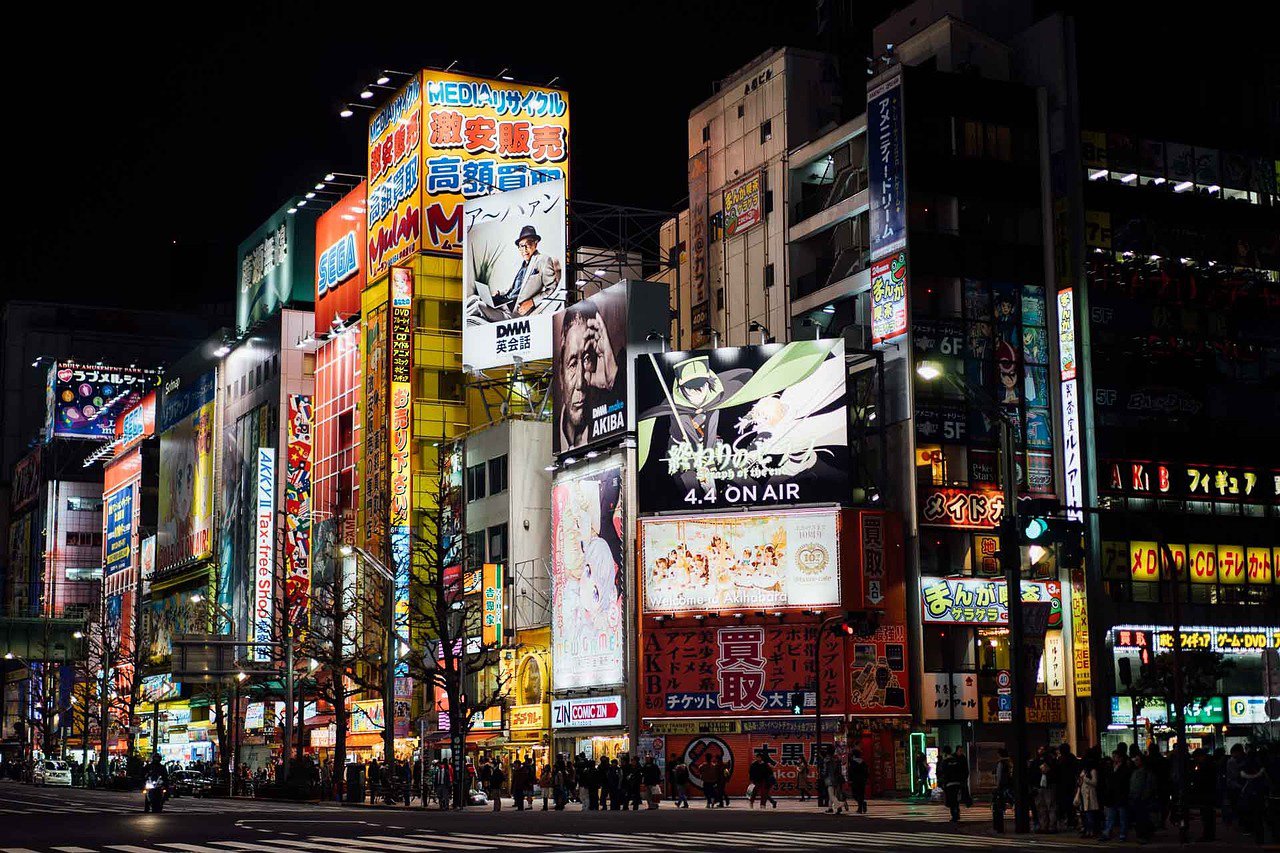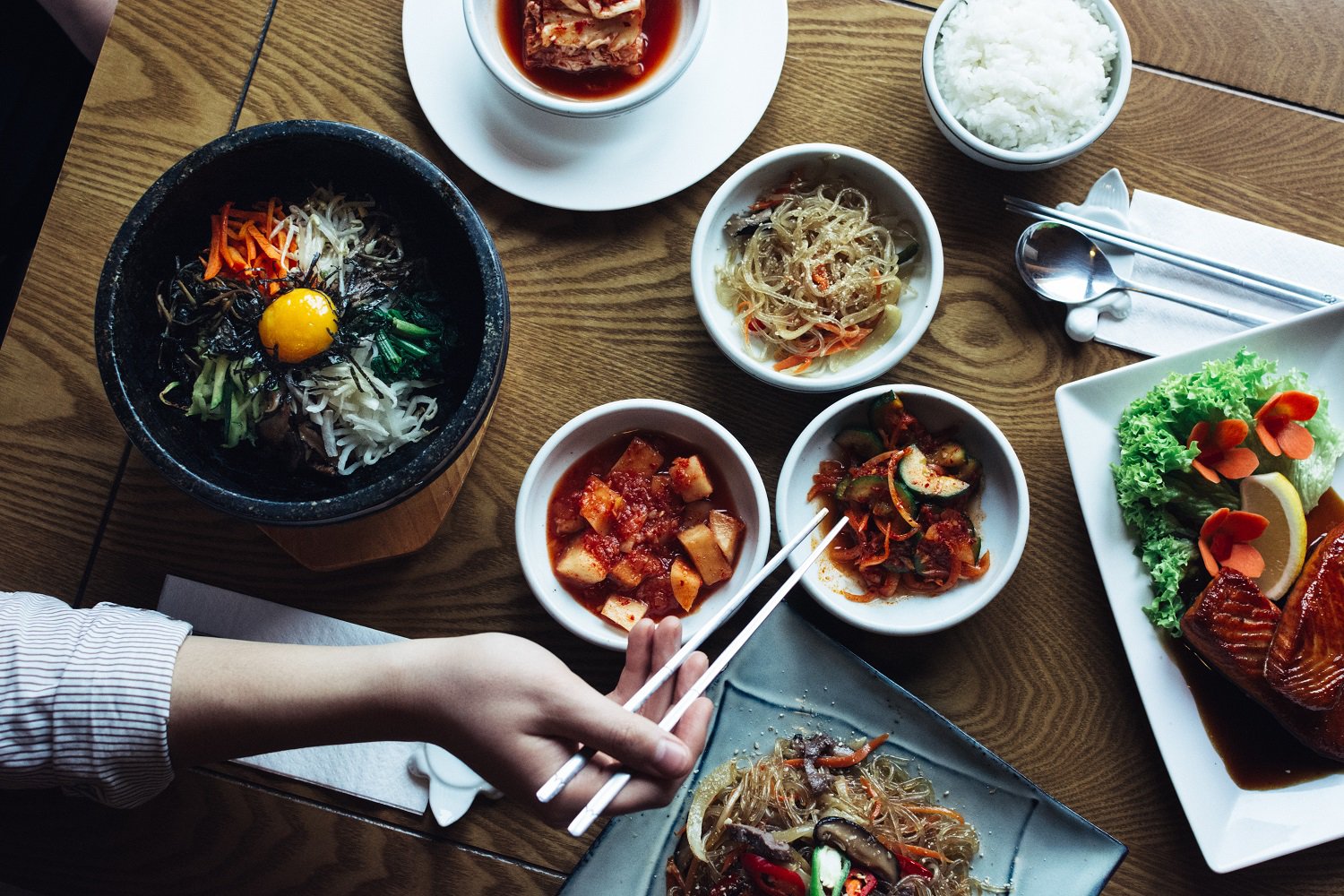Trends — Culture • Lifestyle • Future
Asian culture has made its way across the globe as far back as the 17th century. The Age of Exploration advanced global trade and introduced Asian treasures like textile, tea, and spices to the wider world. Much more recently, in the 1990s, Japanese anime gained massive global viewership through shows like Dragon Ball, Sailor Moon, and Neon Genesis Evangelion.
The past decade has seen the impacts of Asian culture grow deeper and reach wider than before. The world is moving away from the orientalism and exoticism of Asia's diverse cultures and shifting toward a gradual acceptance and appreciation for Asian perspectives and wisdom.

Familiarity and pride
These days we see different aspects of Asian culture celebrated worldwide – from the calm and centeredness of yoga to the high energy of K-pop, and from the simplicity of Japanese minimalism to the explosive flavours of Southeast Asian cuisine. These bring a freshness to the table, a change in pace from the typical and mainstream. For instance, the clean, unassuming look of Muji and Uniqlo serves as a viable alternative for individuals turning away from consumerism and embracing minimalism, whether as a lifestyle or an aesthetic.
Unsurprisingly, the growing popularity of Asian culture coincides with increased dependence on social media and its global reach. Today’s digital world is crucial in breaking down physical and cultural barriers.
One example is ‘mukbang’ videos, popular on platforms like TikTok and YouTube. These videos feature influencers enjoying dishes that would have once been considered foreign to most viewers. Exposure to different food cultures results in increased familiarity and openness and, in many cases, interest in cuisines beyond one’s comfort zone.
Social media has also allowed Asians to build virtual communities that serve as a safe space for sharing both light-hearted banter and serious discussions about what it means to be Asian. Notably, Facebook group Subtle Asian Traits has almost two million members. Communities like this allow members to embrace and build on their Asian identity, ultimately becoming advocates of their respective cultures.

Moving forward, some challenges and opportunities
With the world opening up to diverse cultures, the opportunity is ripe for Asian brands to take themselves and their respective cultures to a broader audience.
Beyond building awareness, companies can take advantage of this interest to foster sustained relationships with these new markets. In the next article, we take a look at some Asian brands that have successfully transitioned into the mainstream and how they did it.